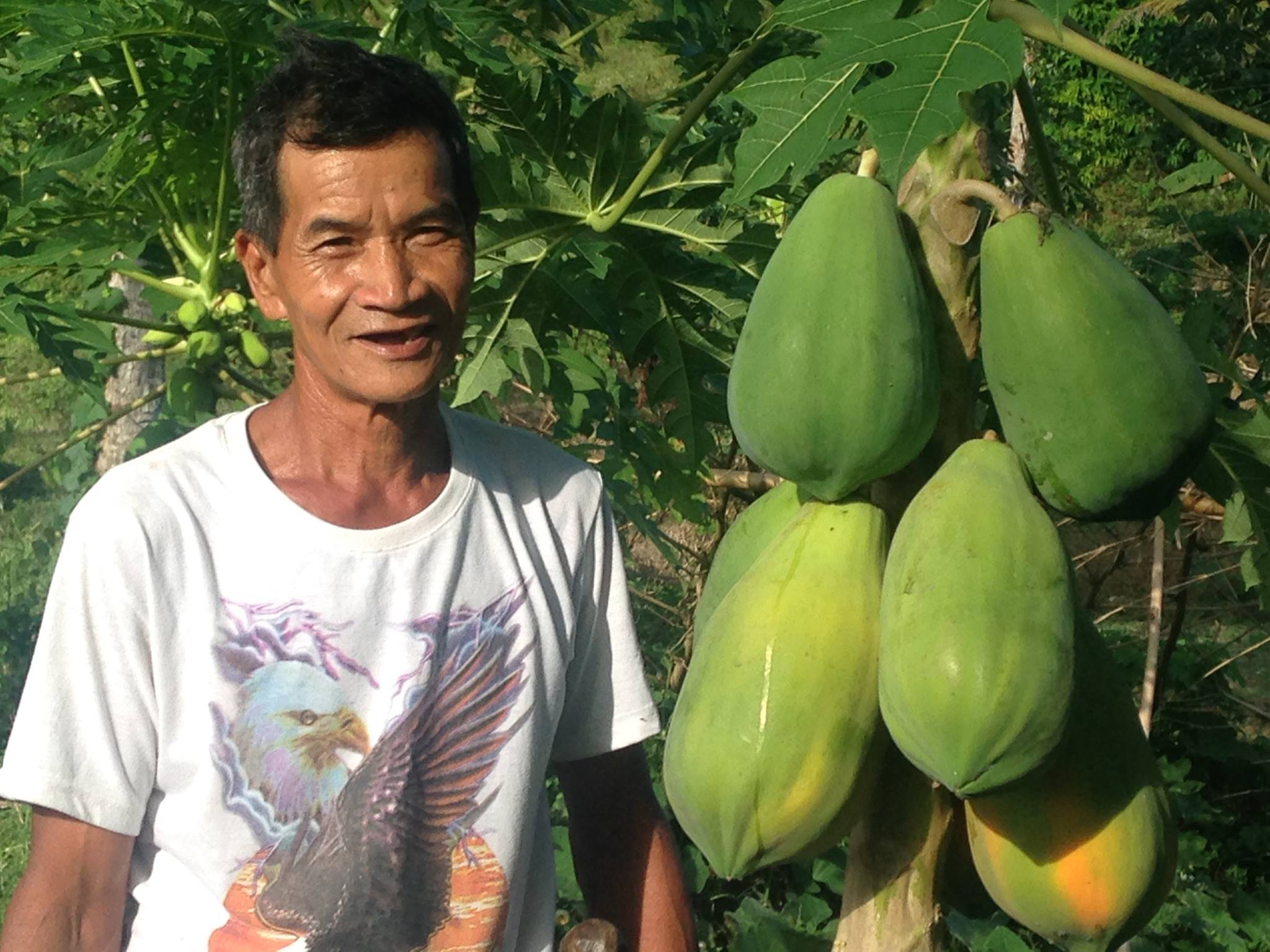
Office Info
Finance Director– arlita.rico@old.iirr.org
Address:
39 Aguinaldo Highway
IIRR Y.C. James Yen Center Biga 2,
Silang, Cavite 4118, Philippines
Email: asiaprogram@old.iirr.org
Crisis Area
In Asia, 80% to 90% of the poor live in rural areas. They share a number of economic, demographic and social characteristics, the most common of which is landlessness or limited access to land. Poor rural households also tend to have larger families, less education, and higher rates of unemployment. They lack basic amenities such as a safe water supply, sanitation, and electricity, and their access to credit, equipment, and technology is severely limited. Other constraints – including the lack of market information, business experience, negotiating experience, and collective organizations – deprive them of power to compete in the marketplace. Since most of them are dependent on smallholder farming or marginal fishing for livelihood, they are among the most vulnerable to impacts of extreme weather events.
The Regional Center for Asia (RCA) leads IIRR’s community of practice and collaborative leadership in Asia. Working closely with country programs and partners in the region, the RCA steers the conceptualization, development, implementation, monitoring, and evaluation of region-wide programs and projects. The Center also provides technical assistance to organizations doing humanitarian and development projects in Asia. The RCA focuses its interventions on the rural poor and—consistent with IIRR’s global intent—prioritizes women and youth.
How the RCA Helps
- The NGO Disaster Preparedness Program. Since 2014, IIRR has been working with Give2Asia in implementing the NGO Disaster Preparedness Program (NGODPP) in Asia. In this program, IIRR works closely with local NGOs and community-based organizations (CBOs) in 8 countries in the region: Bangladesh, India, Indonesia, Myanmar, Nepal, Philippines, Timor Leste, and Vietnam. It aims to understand local disaster preparedness practices, to expand the network of CBOs in Asia, and to help promote international support for locally-focused disaster preparedness programs. The NGODPP is currently on its second phase: Deepening Disaster Resilience. It builds on the experiences and success of the program’s first phase. It aims to create a network of CBOs in South and Southeast Asia; learn from and share information on best practices with peer organizations in the region; and build an educated donor network that is engaged and understands how to support community-based disaster preparedness efforts.
- Leyte Sab-a Peatland Forest Restoration Initiative. In 2017, IIRR embarked on a 5-year initiative with the Forest Foundation Philippines to protect, restore, and sustainably manage 1,2862 hectares of the Sab-a Basin Peatland Forest in Leyte Province, Philippines. Together with the Women Enablers Advocates and Volunteers for Empowering and Responsive Solutions (WEAVERS), Environmental Legal Assistance Center (ELAC), and Visayas State University Alangalang and Baybay, the project aims to facilitate and initiate the process of reinstatement, reversion and restoration to peat swamp forest of around 1,106 hectares CARPed Leyte Sab-a Basin Peatland area. The project also hopes to give local stakeholders the tools and knowledge to protect and restore more of the peat land forest in the region.
- DRR Training Program. This program aims to build a culture of safety in schools, communities, and industries through the formation of emergency response teams. These teams can significantly lower the casualty rate in communities and schools and address immediate needs brought about by disasters. IIRR believes that the best line of defense against disasters is to arm schools and communities with the skills, knowledge and capabilities to survive. Four modules are offered:
- Disaster Preparedness Program for the National Service Training Program
- Introduction to Disaster Preparedness and Emergency Response Training in Schools and Communities
- Coaching and Mentoring for Disaster Preparedness in Schools and Communities
- Intensive Disaster Preparedness and Emergency Management Training at the Yen Center
- Technical Assistance. IIRR provides institutional and technical assistance to civil society organizations, non-government organizations, local government units, cooperatives, and other organizations working in programming and implementing humanitarian and developmental projects. Areas of service include needs assessment and context analysis, strategic planning, business development, institutional capacity assessment, workshop facilitation, participatory monitoring and evaluation system design, and project evaluation.
